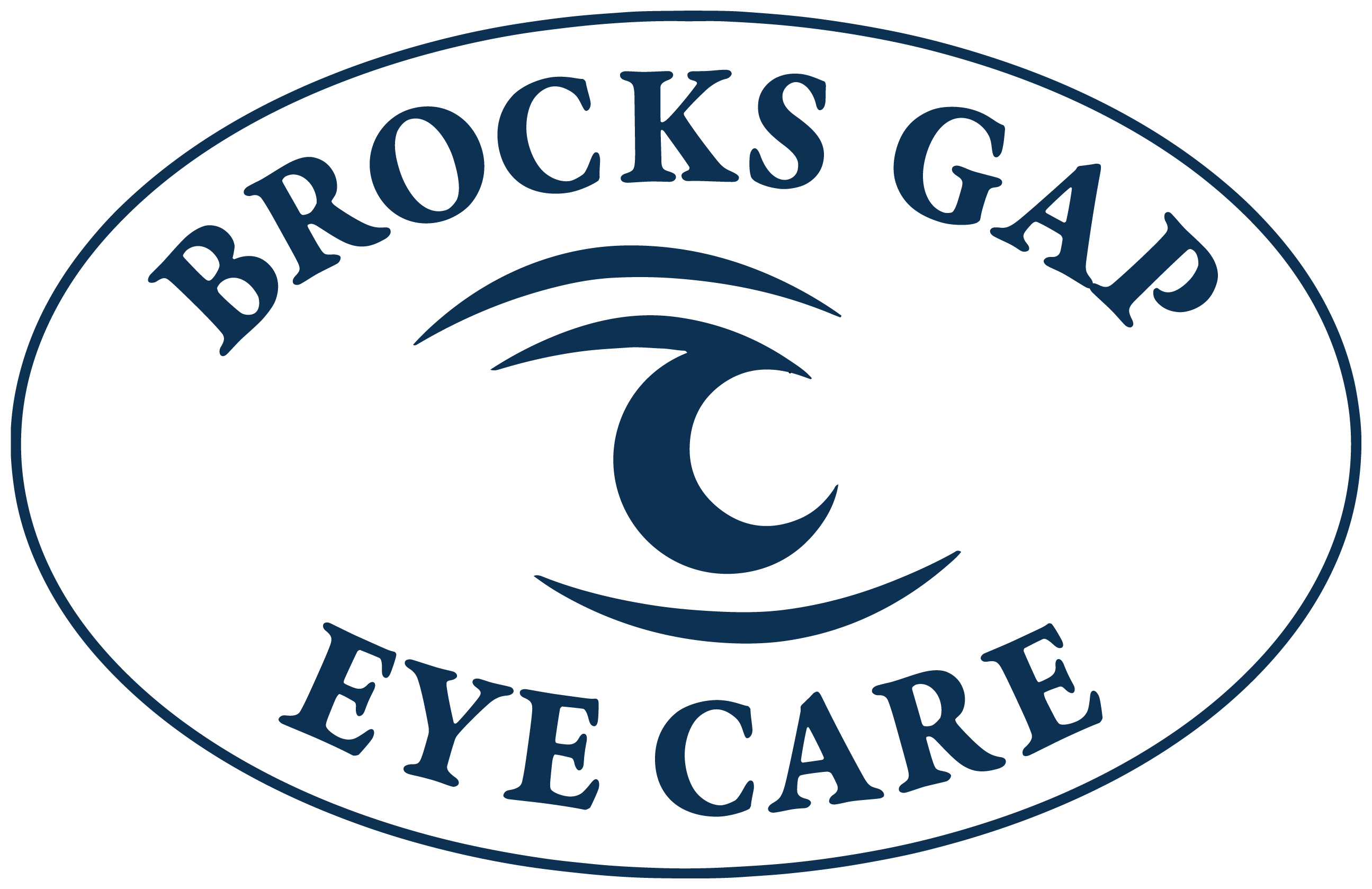The arrival of spring heralds a time of fresh starts, sunshine, and natural beauty. But, springtime is also often associated with allergies for many people. Itchy eyes, redness, and watering are just a few of the symptoms that can be brought on by seasonal allergies. These symptoms might make you feel incredibly uncomfortable and harm your vision. Thus, it's crucial to understand how to shield your eyes from spring allergies.
Understanding the origins of spring allergies is the first step in protecting your eyes from them. The immune system of the body reacts to a typically harmless material, such as pollen, to induce allergies. Your body creates histamines in response to allergen interaction, which can result in swelling, itchiness, and other symptoms.
Limiting your exposure to allergens is one approach to protect your eyes against spring allergies. You can accomplish this by avoiding being outside while the pollen count is high. It is recommended to avoid spending a lot of time outside during the early morning and late evening when pollen concentrations are normally at their peak. Also, you can keep an eye on local pollen concentrations and adjust your outside activities accordingly.
When you do venture outside, protect your eyes from allergens by donning eyewear like sunglasses or goggles. The best protection comes from wraparound sunglasses since they prevent pollen from entering your eyes from the sides. Look for sunglasses with polarized lenses, which help reduce glare and enhance visibility, and 100% UV protection.
Keeping your eyes clean will help protect you from spring allergies. Regular hand washing helps stop allergens from getting into your eyes. You can also rinse your eyes with saline solution or eye drops to get rid of any allergens that may have gotten inside. Only sterile saline solution should be applied, and rubbing your eyes can make symptoms worse.
Keeping your home's air quality high might also help shield your eyes from seasonal allergies. To remove pollen and other allergies from the air, use an air purifier. Cleaning your air conditioning filters on a regular basis will help keep allergens from accumulating in your house. Also, regularly dust and vacuum your home to get rid of any allergies that may have accumulated on surfaces.
There are a number of therapies that can help reduce the symptoms of spring allergies. Itching, redness, and swelling can be lessened with the aid of over-the-counter antihistamines and decongestants. For more severe situations, prescription eye drops or medicines may be required.
There are various home remedies that can help ease spring allergy symptoms in addition to these medical options. Itching and inflammation in the eyes can be lessened by applying a cold compress. You can also try rinsing your nasal passages with a neti pot to lessen congestion and treat eye discomfort.
Finally, while spring allergies can be a pain, they can also be bad for your eye health. Limit your exposure to pollen, wear protective eyewear, keep your eyes clean, and maintain appropriate indoor air quality to protect your eyes from allergens. There are a number of therapies available that can help you feel better if you suffer from spring allergies. By following these instructions, you can take in the splendor of spring without experiencing eye strain.

Comments